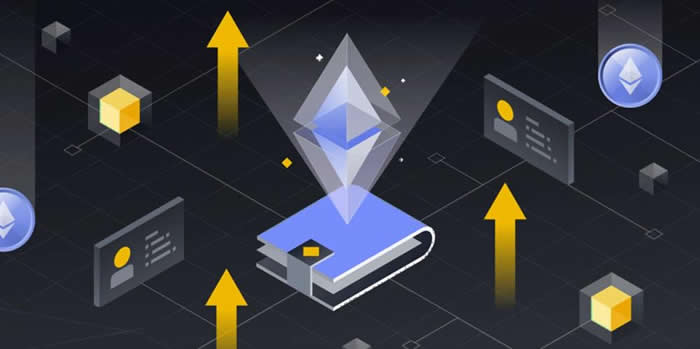What is the concept of a full-chain account? How to predict its future development trend?
- 王林forward
- 2024-01-19 19:15:05768browse
With the improvement and development of blockchain technology, full-chain account abstraction has become a hot topic. Vitalik once pointed out that full-chain account abstraction is a necessary condition for lowering the user threshold of Ethereum and realizing massadoption. Its core purpose is Allowing users to trade without gas. Only by realizing these prerequisites can the new user conversion rate of Web3 applications be improved. So what exactly is the full-chain account abstraction? Simply put, it is a proposal that attempts to merge user accounts and smart contracts into a new Ethereum account type by making user accounts run like smart contracts. Next, the editor will give you a comprehensive introduction to the full-chain account abstraction.

What is the full-chain account abstraction?
Full-chain account abstraction (full-chain account) is a new type of blockchain technology that focuses on providing stronger privacy protection and data security. As an important improvement of the Ethereum blockchain, the full-chain ledger aims to solve some privacy and security issues existing in traditional blockchain systems. By using technologies such as encryption algorithms and zero-knowledge proofs, the full-chain ledger can protect users' identities and transaction information and prevent sensitive data from being leaked. In addition, the full chain ledger also supports the execution of smart contracts, providing users with a more secure and reliable environment. The development of full-chain accounts provides broader prospects for the application of blockchain technology.
In traditional blockchain systems, all transactions are public, and everyone can view the transaction history on the blockchain. This means that all data on the blockchain is visible to everyone, including transaction amounts and participants’ addresses. The goal of full-chain ledger abstraction is to protect user privacy and data by using encryption technology to improve privacy. By using privacy protection technology, the full chain ledger can hide the specific details of transactions and only allow specific participants to view relevant information. This approach ensures that user privacy is protected while still maintaining the transparency and immutability of the blockchain system. The emergence of full-chain ledger abstraction provides users with more choices, allowing them to continue to enjoy the many benefits of blockchain technology while protecting privacy.
The abstraction of the full-chain ledger uses zero-knowledge proofs and other encryption techniques so that users can verify the validity of transactions without revealing the details of the actual transactions. This allows participants to conduct transactions while protecting privacy, and also improves data scalability and reduces the blockchain’s data storage needs. Because the details of each transaction do not need to be saved, only the necessary verification data needs to be saved.
What is the future development of full-chain account abstraction?
Currently, the community is intensely discussing the future of account abstraction. Several proposals aim to change the Ethereum protocol to accommodate smart contract control of externally owned accounts (EOA). However, the community currently prefers proposals like EIP-4337, many of which have yet to be implemented.
Although previous non-account abstraction proposals or smart contract wallets can achieve similar experiences, their flexibility and efficiency still have a lot of room for improvement. For example, GnosisSafe still requires the triggering of an external account address when executing transactions, and the gas cost paid is very high. In order to solve these problems, the account abstraction plan optimizes the underlying structure of smart contract accounts to pave the way for the next generation of intelligent account systems. Through this optimization, we can achieve greater flexibility and efficiency, making account management and trade execution more convenient and cost-effective.
Standardized protocols and functional implementation standards are prerequisites for modular storytelling. The modular development method is almost a necessary condition for vigorous development in every field, because division of labor is the first principle to improve efficiency. In this context, EIP-4337 became a breakthrough protocol. From a user perspective, the value brought by the modular smart wallet development paradigm is unclear because people cannot feel how much the account abstraction wallet itself has changed in the short term. However, in the medium to long term, the value of a protocol like EIP-4337 is similar to ERC-20 and ERC-721, as it lays the foundation for the long-term development of account abstraction wallets and becomes an epoch-making milestone.
The above is the detailed content of What is the concept of a full-chain account? How to predict its future development trend?. For more information, please follow other related articles on the PHP Chinese website!

